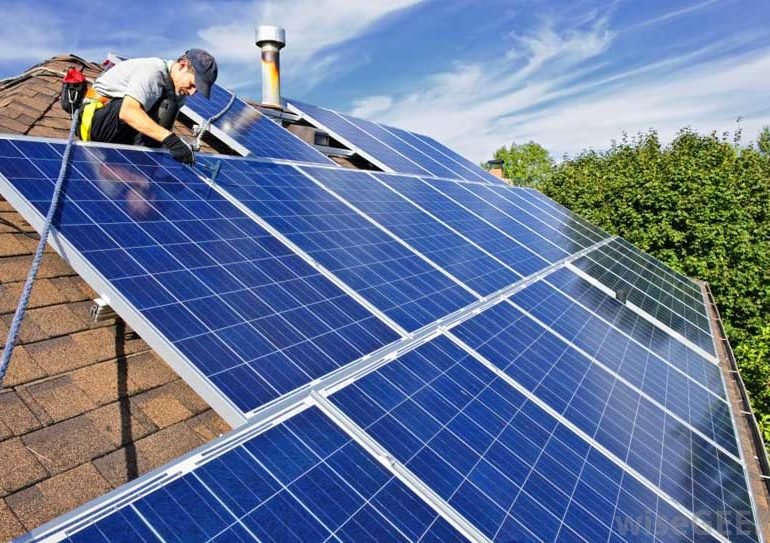The Cyprus association of renewable energy companies (Seapek) on Thursday expressed its “deep and growing concern” over what it described as a “lack of planning” by the energy ministry, during a press conference at the Cyprus employers and industrialists federation (Oev).
This concern follows the unexpected, though welcomed, extension of the self-consumption scheme until August 2025. Seapek said that, as of now, there is no indication of what will happen after that date, leaving the industry in a state of uncertainty.
The lack of an official proposal, it warned, is creating “dangerous stagnation, investment uncertainty, and planning suffocation.”
It urged the ministry to immediately begin talks with all relevant stakeholders, including the country’s two system operators, to draft a clear and practical new policy to safeguard the future of self-consumption.
Seapek emphasised that achieving the targets set in the national energy and climate plan (NECP) depends on active participation from both citizens and businesses. It also pointed out that energy communities, which it called an effective tool for encouraging public involvement and energy democracy, need institutional support, access to incentive schemes, and a rational legal framework to function properly.
Seapek also criticised recent cuts in electricity production from self-consumption photovoltaic systems. It called the practice “unfair and possibly illegal”, particularly when technical alternatives to such blanket reductions are available.
While acknowledging the importance of keeping the grid stable, Seapek said the authorities’ reliance on arbitrary cuts rather than modern technology was an outdated approach. The group urged the Cyprus energy regulatory authority (Cera) and the energy ministry to instruct the distribution system operator (DSO) to consider export limitation devices for all self-consumption systems.
These tools would control how much energy is fed into the grid, either permanently or temporarily, helping to keep the system stable.
Seapek said this approach would also ensure that more of the energy produced locally is used by the consumer directly. It called export limitation a mature and viable solution that empowers consumers, enhances energy independence, and reduces peak-time pressure on the grid. The association stressed that consumer participation is essential for a fair and sustainable energy shift.
It said consumers should be encouraged to use their self-generated electricity as much as possible in real time. Rather than being disconnected, they should be supported to manage their energy use according to solar production levels, with smart systems to maximise self-sufficiency.
Seapek also called for faster installation of smart meters, especially in buildings with self-consumption systems. These meters would allow real-time monitoring of energy use and help both consumers and suppliers to respond more effectively.
This, it said, would not only improve energy awareness but also reduce production cuts and stabilise the grid. It also pushed for urgent upgrades to the electricity grid.
Seapek said digitalisation and reinforcement projects must be fast-tracked, with full smart meter coverage by 2026.
Storage, too, was highlighted as a major challenge. Seapek said storage units, both centralised and at home, should be part of the long-term plan, to boost energy autonomy and reduce wasted renewable energy.
Finally, the group called for a change in how renewable energy systems are licensed and supported. It suggested that Cera and the energy ministry should consider issuing licences based on the actual energy output, not the installed capacity.
Seapek said this would allow more flexible system designs, promote investment in energy storage, and reduce artificial limits that discourage smart consumer choices.






Click here to change your cookie preferences